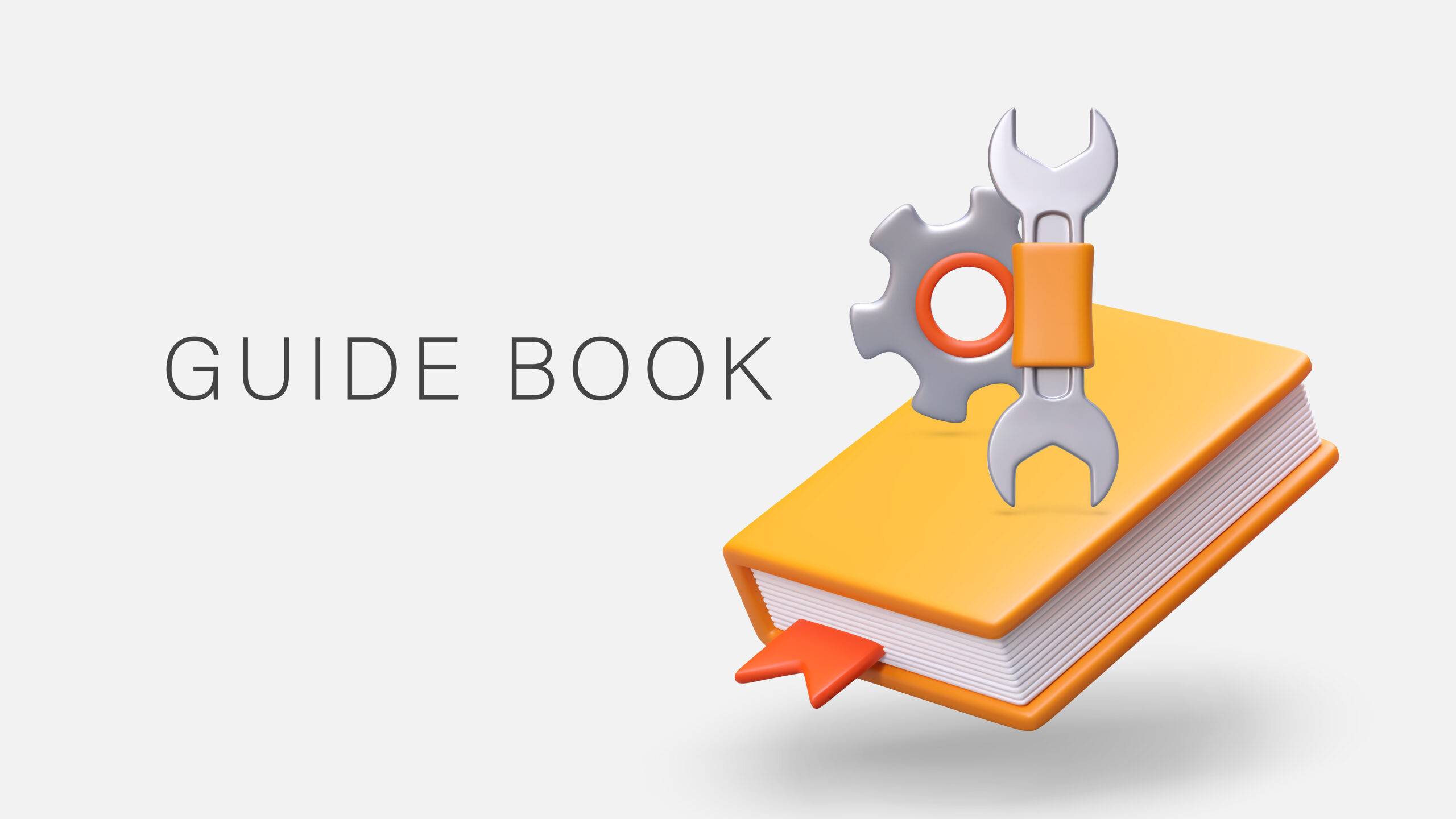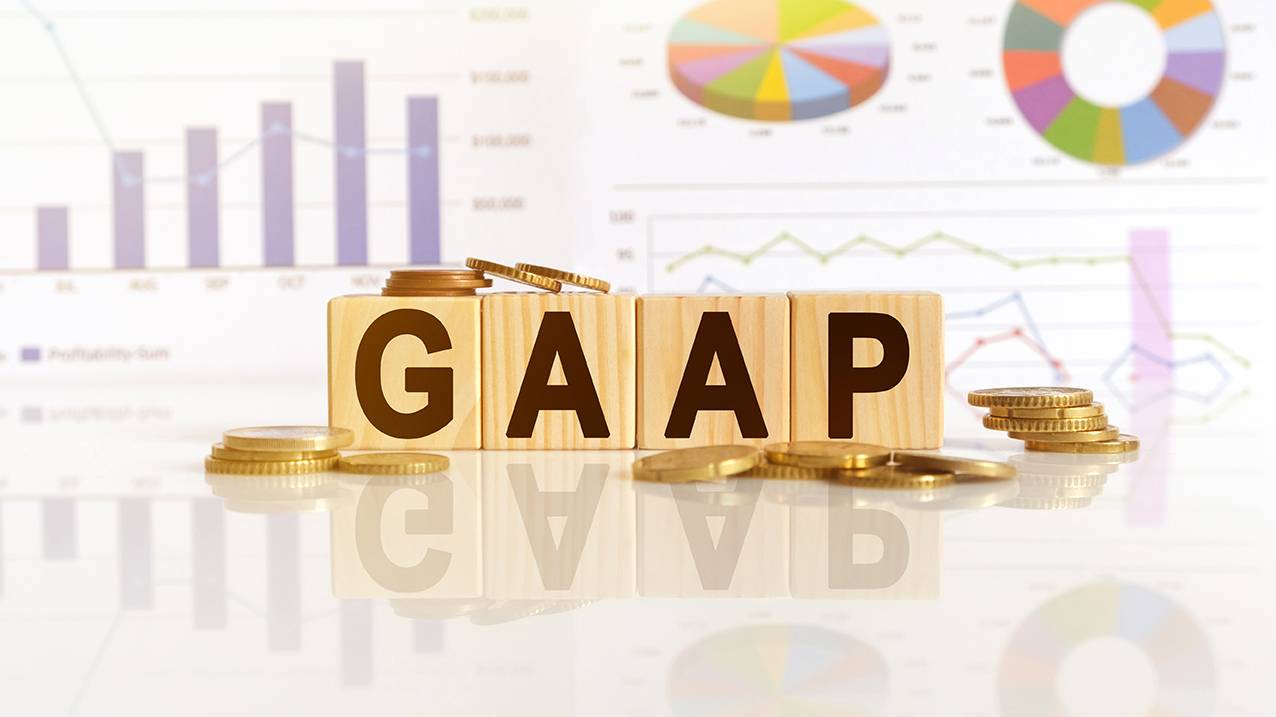Self-Study
Accounting for Casinos and Gaming
Professionally handle a variety of transactions and federal reporting requirements in the gaming industry.

$290.00 – $320.00
Webcasts are available for viewing Monday – Saturday, 8am – 8pm ET.
Without FlexCast, you must start with enough time to finish. (1 Hr/Credit)
Please fill out the form below and we will reach out as soon as possible.
CPE Credits
10 Credits: Accounting
Course Level
Overview
Format
Self-Study
Course Description
Casino and gaming operations have some of the most unique accounting and control issues found in any industry. Accounting for Casinos and Gaming delves into gaming operations, covering those accounting issues most relevant to a gaming entity. Topics in this casino accounting course include the accounting for loyalty and incentive programs, jackpots, chips and tokens, licensing fees, payroll, marker collections, fixed assets, and interest capitalization. The accounting for casinos and gaming course also addresses gaming controls and federal reporting requirements. This unique resource is ideal for anyone operating a casino or gaming operation, or who wants to learn more about the industry.
Learning Objectives
Upon successful completion of this course, participants will be able to:
Chapter 1
- Recognize the factors that can impact the level of gaming taxes.
- Identify the different types of games.
- Specify the responsibilities of a casino controller.
- Recognize the responsibilities of the cage staff, and the types of transactions that they handle.
- State the types of transactions used to supply chips to and remove cash from a gaming table.
- Recognize the calculation for gross gaming revenue.
- Identify the contents of a table drop box.
- Note how a TITO system functions.
Chapter 2
- Recognize the different accounting principles.
- Recall which accounting system incorporates the concept of being out of balance.
- Specify the source of the information for the trial balance.
Chapter 3
- Recall the definition of revenue in the gaming industry.
- Identify the operations within a casino that can produce a deferred revenue liability.
- Specify the proper accounting for the different types of comps, promotional allowances, and deals offered to customers.
Chapter 4
- Identify the situations in which a Form W-4 is used.
- Recognize the methods used to calculate employee compensation.
- Recall the timing of payroll tax deposits under the different deposit schedules.
- Specify how the FUTA tax is calculated.
Chapter 5
- State the reasons why a casino might accept a write-down on a marker.
- Specify why the direct write-off method is not the best way to account for bad debts.
Chapter 6
- Recall the costs that can be capitalized into a fixed asset.
- Specify the intent behind using the mid-month convention.
- Identify the calculations used for accelerated depreciation methods.
- Recall the proper accounting for idle assets.
Chapter 7
- Identify the situations in which interest capitalization should be used.
Chapter 8
- Specify the correct accounting treatment of loan commitment fees.
- Recall which information is listed in a loan amortization table.
Chapter 9
- Specify the different types of theft that can arise in a casino.
- Identify the controls that can apply to comps, markers, bingo, and dealers.
- Recognize the logging mechanisms used to identify currency transaction reporting issues.
Chapter 10
- Recognize the line items used in each of the financial statements.
Chapter 11
- State the requirements for being subject to the Bank Secrecy Act, and the reporting requirements associated with it.
Course Specifics
1153431
April 3, 2025
There are no prerequisites.
None
250
Compliance Information
CMA Notice: Western CPE makes every attempt to maintain our CMA CPE library, to ensure a course meets your continuing education requirements please visit Insitute of Management Accountants (IMA)
CFP Notice: Not all courses that qualify for CFP® credit are registered by Western CPE. If a course does not have a CFP registration number in the compliance section, the continuing education will need to be individually reported with the CFP Board. For more information on the reporting process, required documentation, processing fee, etc., contact the CFP Board. CFP Professionals must take each course in it’s entirety, the CFP Board DOES NOT accept partial credits for courses.
Meet The Experts

Steven M. Bragg, CPA, is a full-time book and course author who has written more than 300 business books and courses. He provides Western CPE with self-study courses in the areas of accounting and finance, with an emphasis on the practical application of accounting standards and management techniques. A sampling of his courses include the The New Controller Guidebook, The GAAP Guidebook, Accountants’ Guidebook, and Closing the Books: An Accountant’s Guide. He also manages the Accounting Best Practices podcast. Steven has been the CFO or controller of both public and private companies and has been a consulting manager with Ernst & Young and …
Related Courses
-
 Accounting
Accounting
Accountants’ Guidebook
Steven M. Bragg, CPA QAS Self-Study
Credits: 30 $600.00
QAS Self-Study
Credits: 30 $600.00$600.00 – $640.00
-
 Accounting
Accounting
Accounting Fraud: Recent Cases
Joseph Helstrom, CPA QAS Self-Study
Credits: 1 $29.00
QAS Self-Study
Credits: 1 $29.00$29.00 – $49.00
-
 Accounting
Accounting
GAAP Guidebook
Steven M. Bragg, CPA QAS Self-Study
Credits: 29 $580.00
QAS Self-Study
Credits: 29 $580.00$580.00 – $620.00
